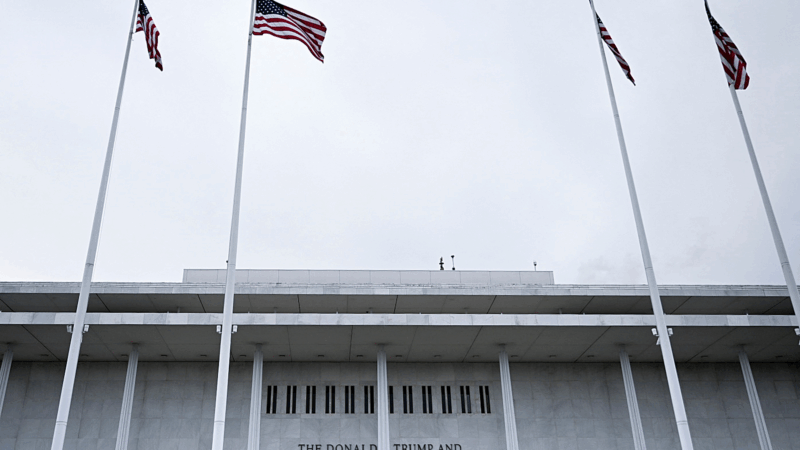US 280: The Environmental Perspective
All this week on Morning Edition/All Things Considered we’re examining the state’s proposed elevated toll road for U.S. 280. Yesterday we talked with someone from the Birmingham Business Alliance, one of the plan’s biggest cheerleaders. Today, we hear from Gil Rogers, a senior attorney with the Southern Environmental Law Center. He tells WBHM’s Tanya Ott that the Alabama Department of Transportation (ALDOT) has been short-sighted in developing its proposal for alleviating traffic congestion on the highway.
Nationwide anti-ICE protests call for accountability after Renee Good’s death
Activist organizations are planning at least 1,000 protests and vigils this weekend. Officials in major cities cast Saturday's demonstrations as largely peaceful.
Veteran actor T.K. Carter, known for ‘The Thing’ and ‘Punky Brewster,’ dies at 69
T.K. Carter gained fame as Nauls the cook in John Carpenter's 1982 horror classic, "The Thing."
Who is Reza Pahlavi, the exiled Crown Prince encouraging demonstrations across Iran?
In exile for nearly 50 years, Iran's Crown Prince Reza Pahlavi has issued calls urging Iranians to join protests sweeping the country. But support for him may not be clear cut.
US launches new retaliatory strikes against ISIS in Syria after deadly ambush
The U.S. has launched another round of strikes against the Islamic State in Syria. This follows last month's ambush that killed two U.S. soldiers and an American civilian interpreter.
6 killed in Mississippi shooting rampage, authorities say
The alleged gunman, 24, has been charged with murder after the Friday shootings in northeast Mississippi. The victims include his father, uncle, brother and a 7-year-old relative, authorities said.
Washington National Opera leaves Kennedy Center, joining slew of artist exits
The WNO is just the latest to say they will no longer perform at the Kennedy Center since Trump took over last year.





